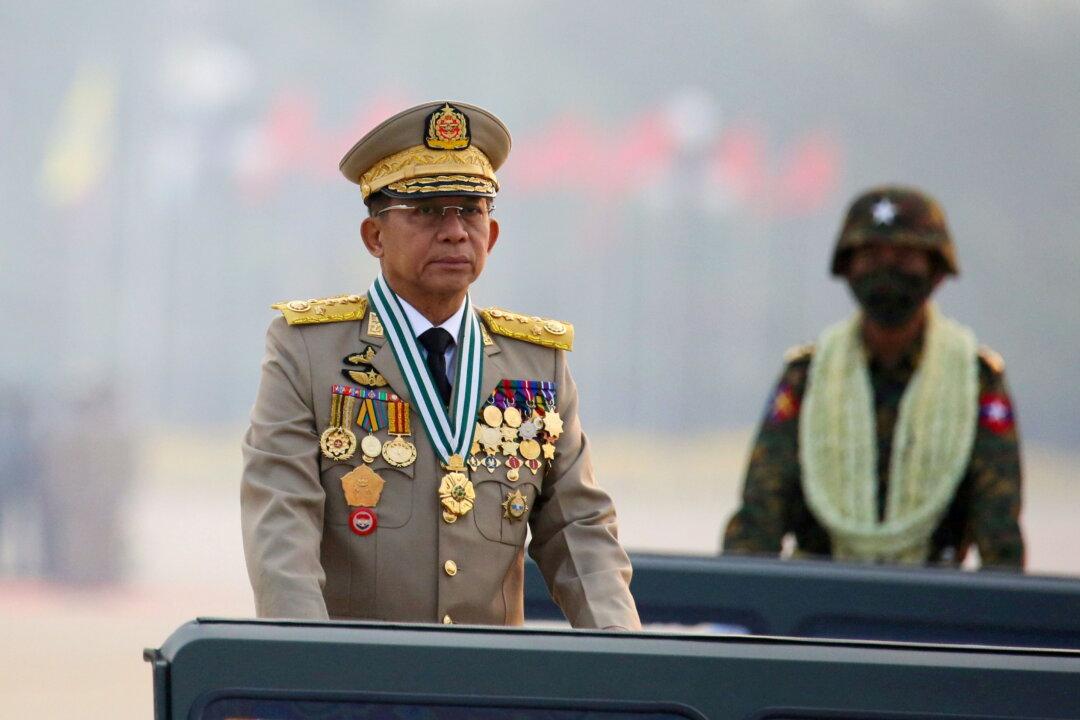China sent its top diplomat to Burma for talks with the military junta, which overthrew the elected government of Aung San Suu Kyi last year, as Beijing seeks to increase bilateral ties in the region.
Chinese Foreign Minister Wang Yi met with Burmese counterpart U Wunna Maung Lwin on the sidelines of the seventh Lancang-Mekong Cooperation Foreign Ministers’ meeting in Burma—also known as Myanmar—on July 3.





